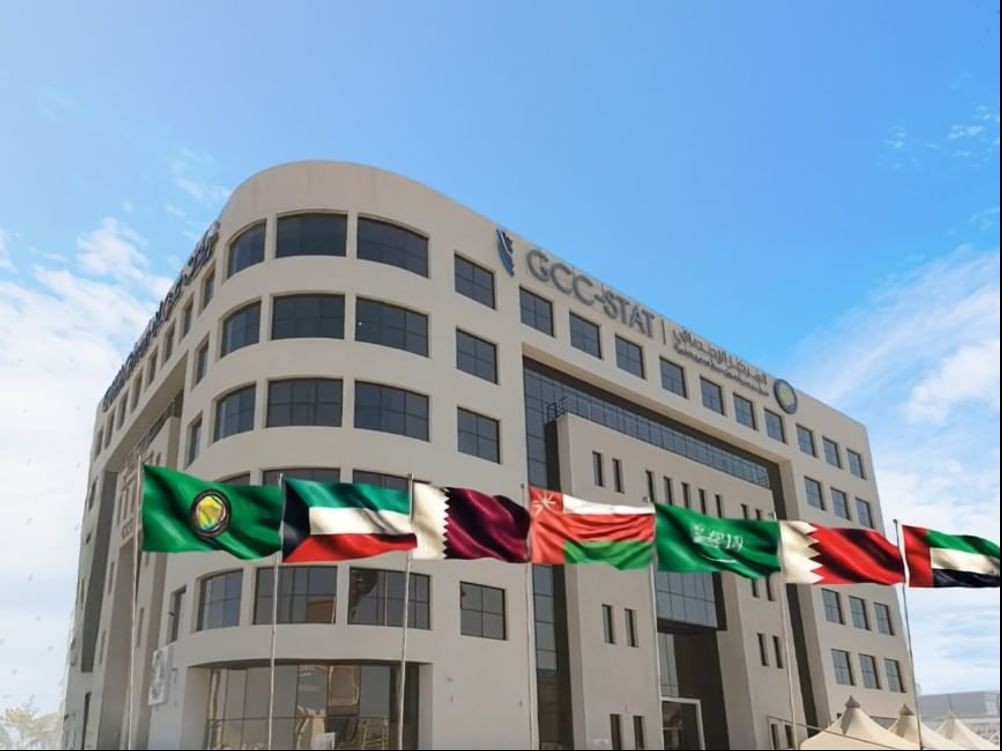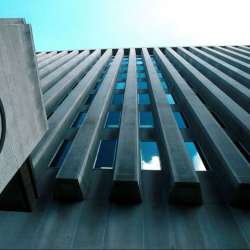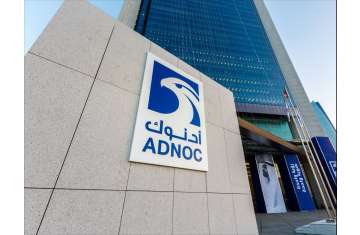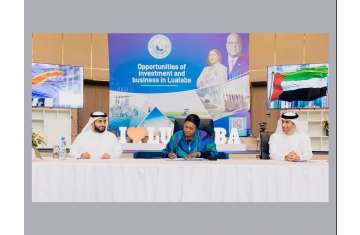Urgent
Sharjah Executive Council approves agricultural land licensing mechanism
 Brand Finance names ADNOC first Emirati Brand to enter global Top 100
Brand Finance names ADNOC first Emirati Brand to enter global Top 100
 World of Coffee Dubai day two spotlights trade, auctions, origin engagement
World of Coffee Dubai day two spotlights trade, auctions, origin engagement
 Inaugural Al Ain Heritage Festival to kick off January 31
Inaugural Al Ain Heritage Festival to kick off January 31
 ‘Gulfood Startups’ launched to scale global food innovation
‘Gulfood Startups’ launched to scale global food innovation
 Sharjah real estate hits record AED65.6 billion trading value in 2025
Sharjah real estate hits record AED65.6 billion trading value in 2025
 Dii Desert Energy releases ‘MENA Energy Outlook 2026’ report
Dii Desert Energy releases ‘MENA Energy Outlook 2026’ report
 Emirates ramps up operations to Manila with four new weekly flights
Emirates ramps up operations to Manila with four new weekly flights

 Brand Finance names ADNOC first Emirati Brand to enter global Top 100
Brand Finance names ADNOC first Emirati Brand to enter global Top 100
 World of Coffee Dubai day two spotlights trade, auctions, origin engagement
World of Coffee Dubai day two spotlights trade, auctions, origin engagement
 Inaugural Al Ain Heritage Festival to kick off January 31
Inaugural Al Ain Heritage Festival to kick off January 31
 ‘Gulfood Startups’ launched to scale global food innovation
‘Gulfood Startups’ launched to scale global food innovation
 Sharjah real estate hits record AED65.6 billion trading value in 2025
Sharjah real estate hits record AED65.6 billion trading value in 2025
 Dii Desert Energy releases ‘MENA Energy Outlook 2026’ report
Dii Desert Energy releases ‘MENA Energy Outlook 2026’ report
 Emirates ramps up operations to Manila with four new weekly flights
Emirates ramps up operations to Manila with four new weekly flights











Comments